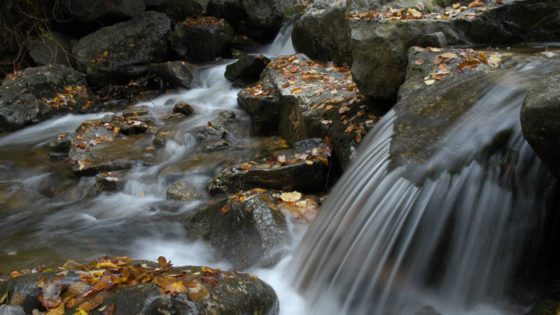Sweeney, B. W., and R. L. Vannote. 1984. Freshwater Biology 14:621–630.
doi: 10.1111/j.1365-2427.1984.tb00181.x
Abstract
1. Laboratory and field data indicate that Cloeon triangulifer McDunnough has at least three generations per year in White Clay Creek (Pennsylvania, U.S.A.).
2. The duration of the egg stage ranged from 5 days at 30°C to about 90 days at 10°C.
3. Larvae completed development (i.e. first instar to adult) in 27 days at 25°C, 45 days at 20°C, and 179 days at 10°C on an algal diet dominated by diatoms.
4. Larvae reared on hickory leaves completed development in 30 days at 25°C but died prior to metamorphosis at 10, 15 and 20°C.
5. Adult size (i.e. body length, wing length and dry mass) and fecundity were inversely related to rearing temperature for all laboratory and field experiments.
6. The significant interaction of food quality and temperature suggest that these factors may be important in understanding geographic variation in the life history of C. triangulifer.


